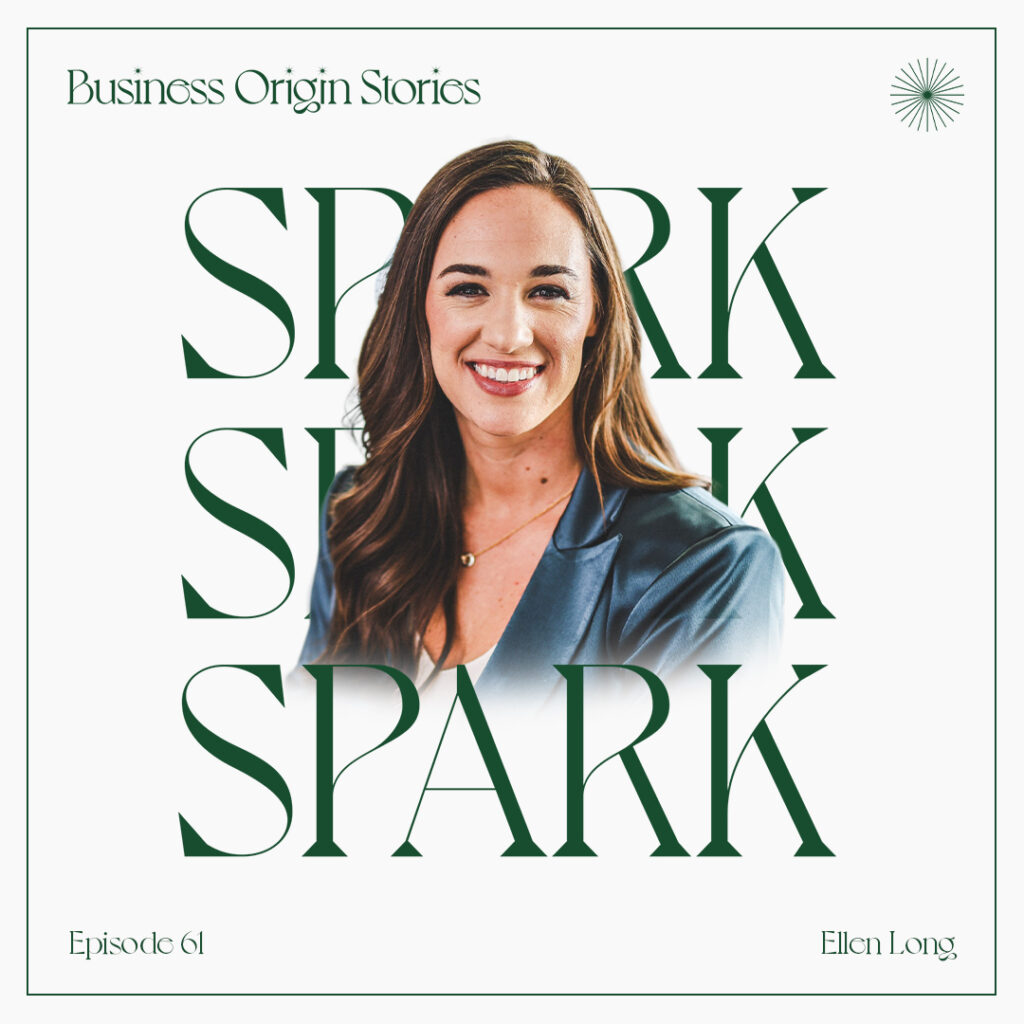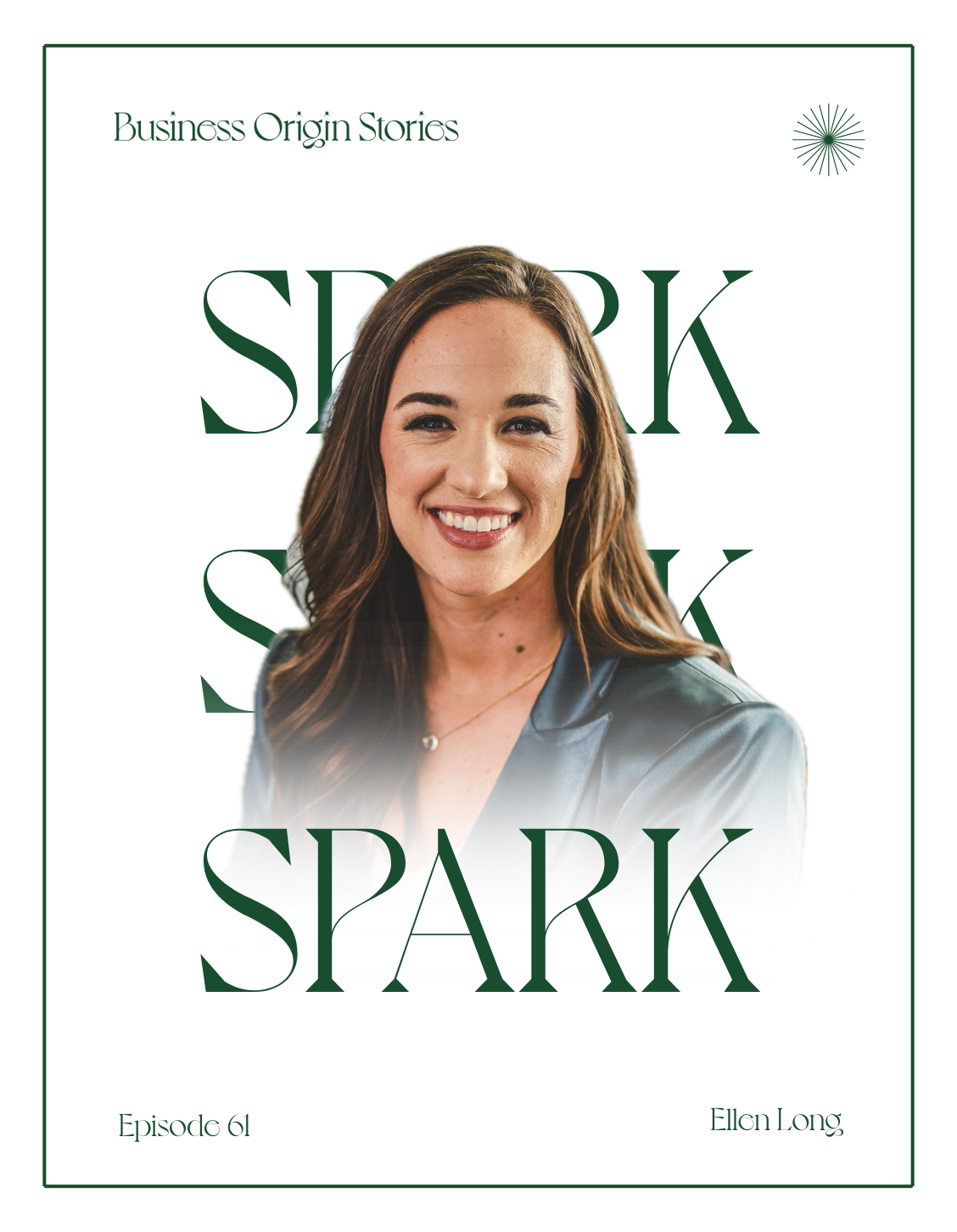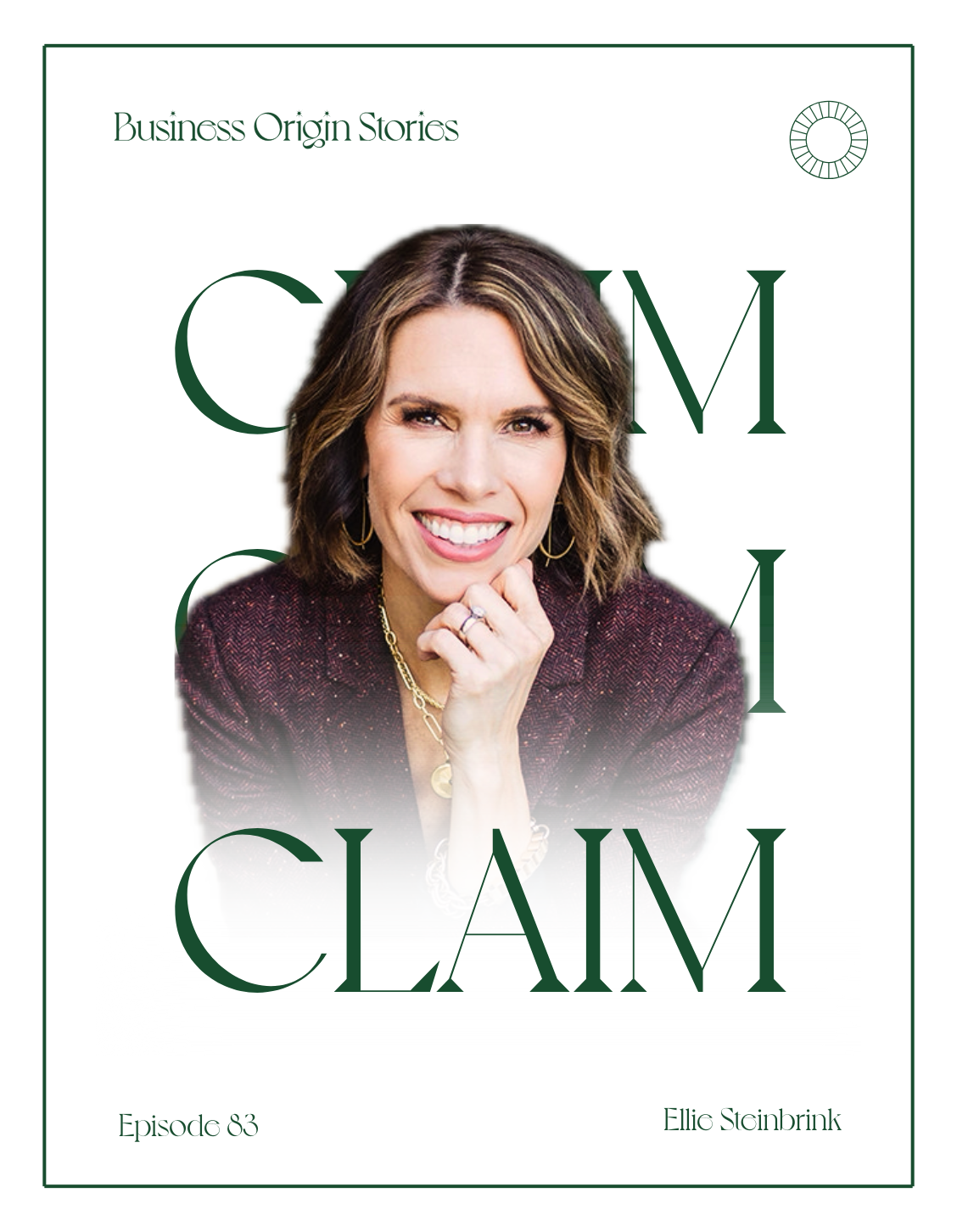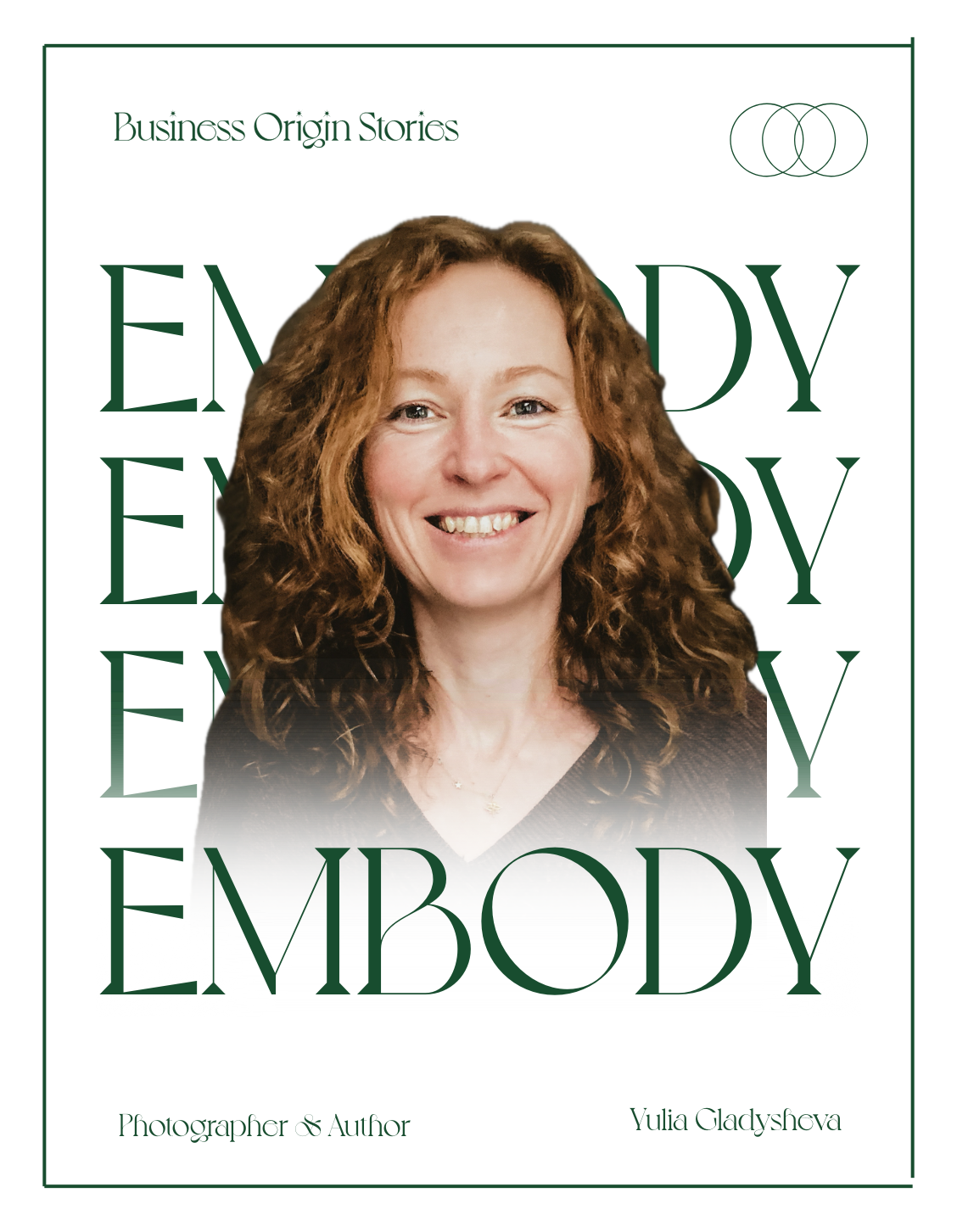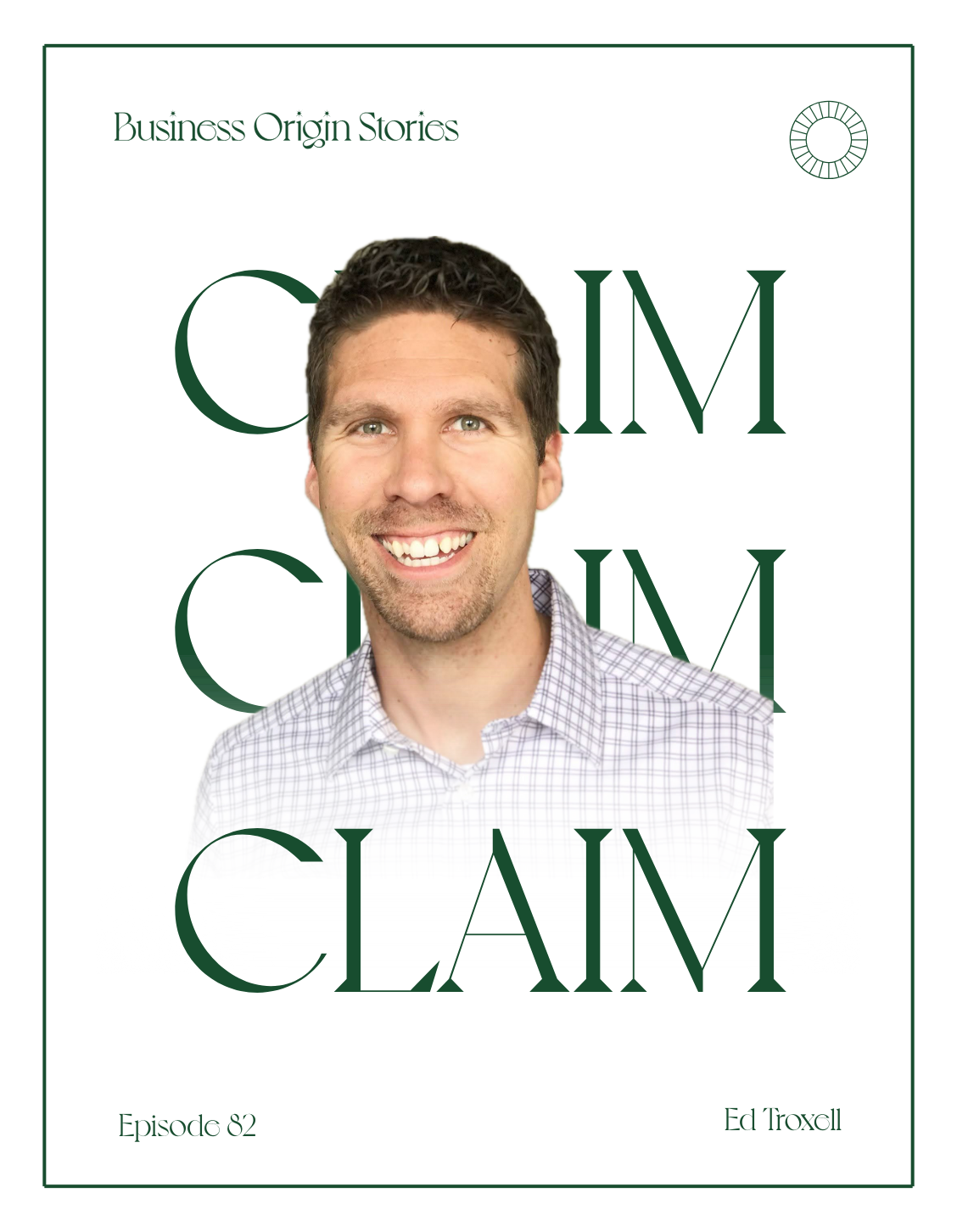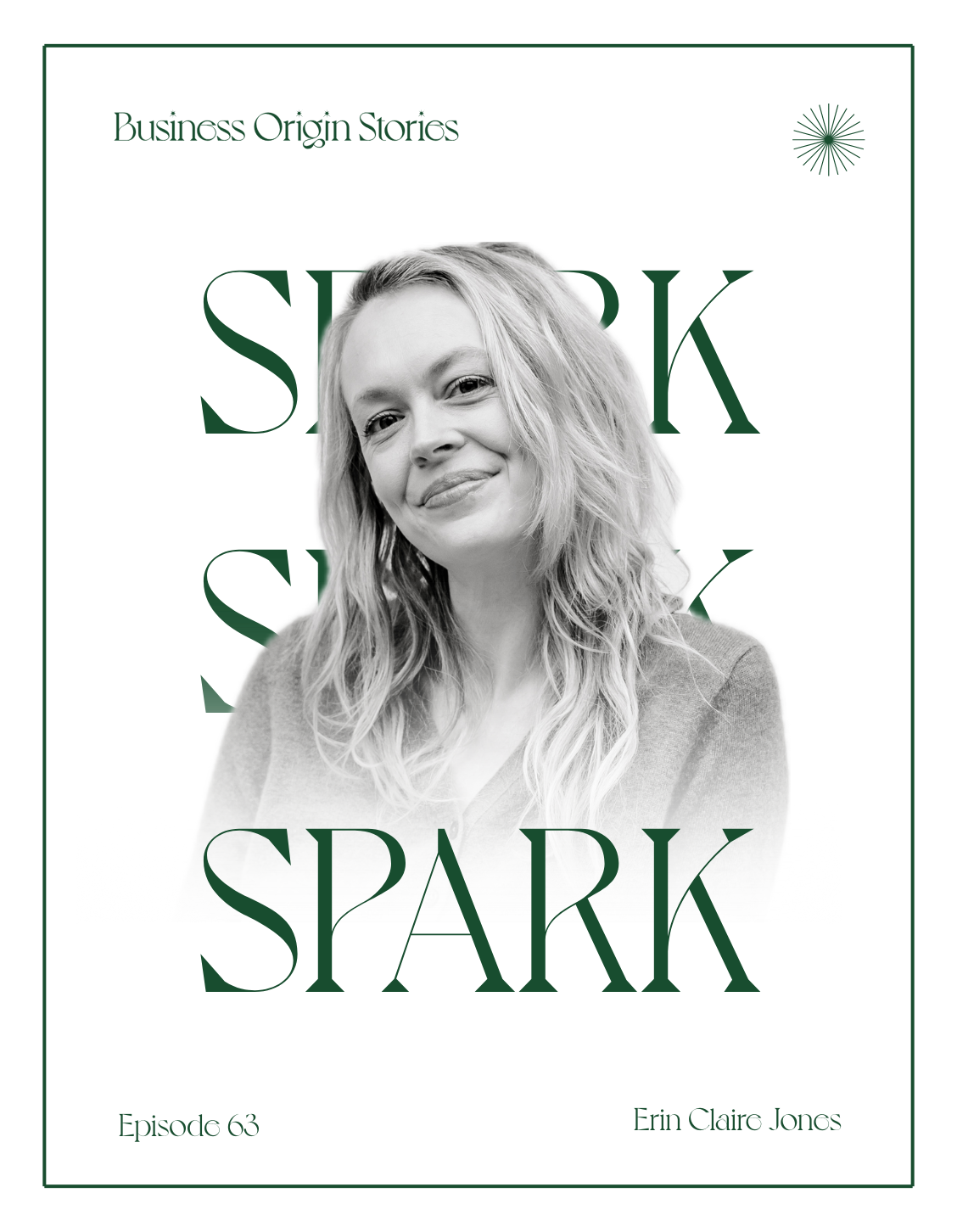When I sat down with Ellen Long recently on Business Origin Stories, I had a feeling this episode would be a favorite. But I didn’t expect to feel this seen, this inspired, or this convicted by the end of it.
Ellen calls herself a “dream achiever for entrepreneurs,” and honestly? It fits. She works with founders who want to 2x or 3x their business and then sell, but not to just anyone. Ellen helps them build a company that’s both valuable on paper and deeply aligned with who they are and the life they want to live.
And that’s what makes her approach so powerful.
She isn’t just about exit strategy. She’s about alignment. Leadership. Fulfillment. The kind of growth that doesn’t just boost your numbers but changes your relationship with your work, your team, and yourself.
Here’s the part that doesn’t get talked about enough
Most entrepreneurs don’t hate their business. They hate their role in it.
They’ve built something that looks successful but feels unsustainable. And somewhere along the way, they’ve lost the clarity, energy, and autonomy they were chasing when they started.
Ellen sees this all the time. The founders who are still doing everything. The ones who say yes because they can, not because they should. The ones stuck in the weeds of managing people, putting out fires, or chasing numbers without knowing which ones actually matter.
Which is why one of the most important questions she asks is:
What’s your unique ability, and are you spending enough time there?
It sounds simple. But it’s the difference between a founder who feels overwhelmed and one who feels focused. A business that drains you and one that grows without you.
Sellable businesses don’t rely
on the founder
The companies that attract strategic buyers willing to pay a premium have systems, data, leadership, and alignment. They’re not centered around a single person. They’re run by high-performing teams. The vision is clear, the roles are defined, and the numbers make sense.
And maybe most importantly, the story resonates.
Buyers want a business that runs well, but they also want to feel connected to the bigger picture. They want to believe in where it’s going and what it could become if they’re part of it.
Ellen helps founders build that story as a framework for how the business operates. And when it’s done right, it creates breathing room, vision, and forward momentum.
Burnout isn’t a badge of honor
Toward the end of our conversation, Ellen shared something that stuck with me. She said the biggest risk to entrepreneurs isn’t bad strategy or financial missteps.
It’s burnout.
And I believe that. The tired, overextended founder is everywhere right now. Building a business is hard enough. Doing it while stuck in the wrong role, disconnected from the original vision, or trying to scale without support? That’s a recipe for collapse.
But burnout doesn’t have to be the tradeoff for success. And scaling doesn’t have to mean sacrificing everything else.
It’s possible to build a business that grows and a life that works.
You just have to be intentional about both.
It’s easy to get caught in the loop of more: more growth, more goals, more grit. But if you’re building a business that’s costing you your health, creativity, or relationships, it’s worth asking what the real return is.
The business should be a vehicle. A tool. A way to fund the life and impact you actually want.
And if that’s not how it feels right now, it doesn’t mean you’ve failed. It might just mean it’s time to reevaluate what you’re building and who you’re becoming in the process.
🎧 Listen to the full episode now on Apple Podcasts or Spotify.
